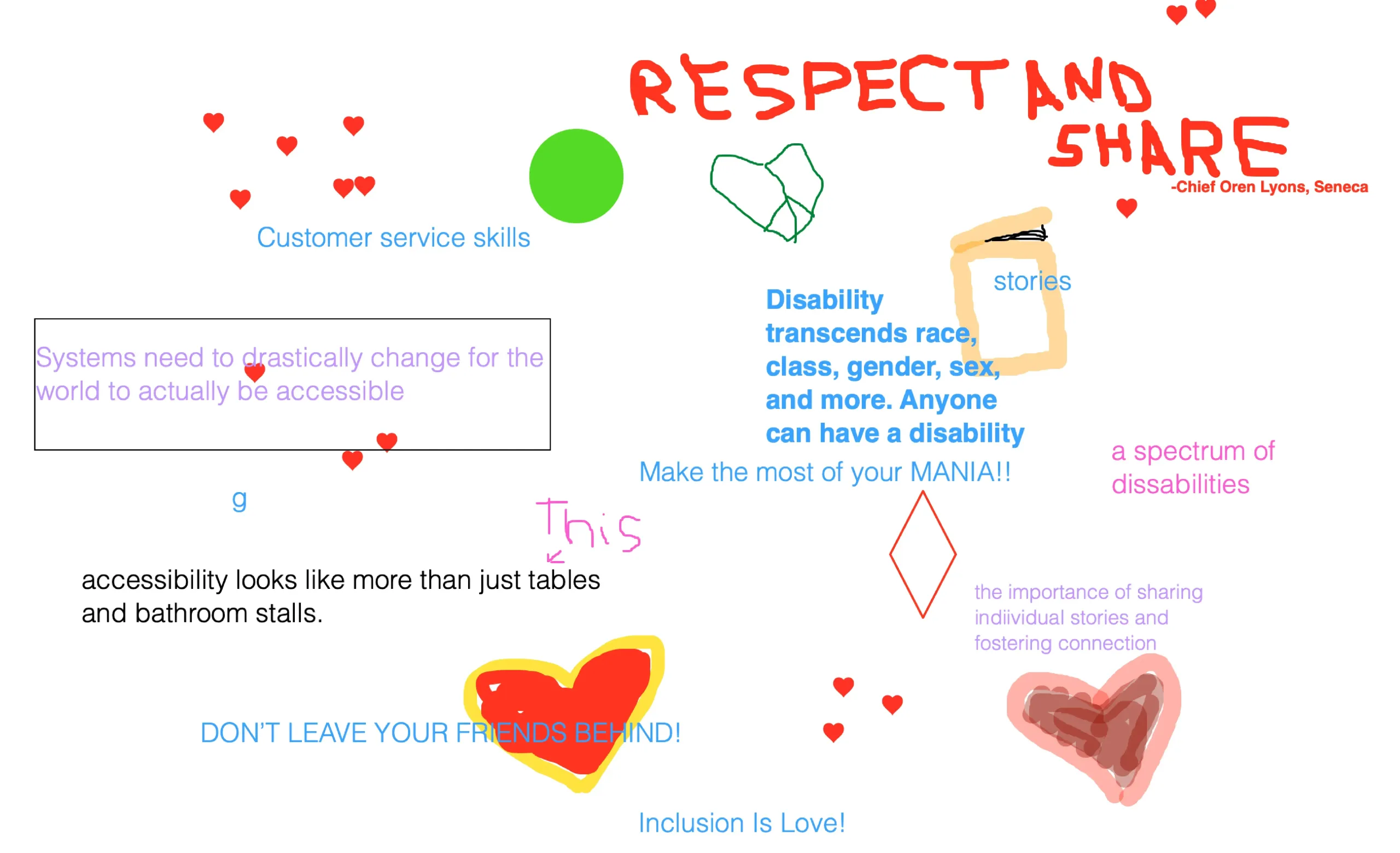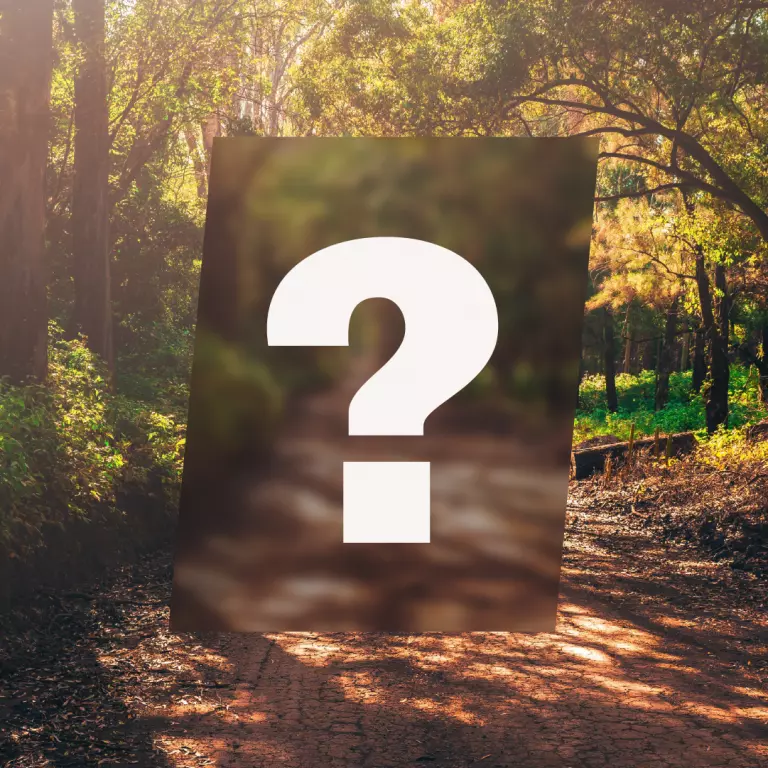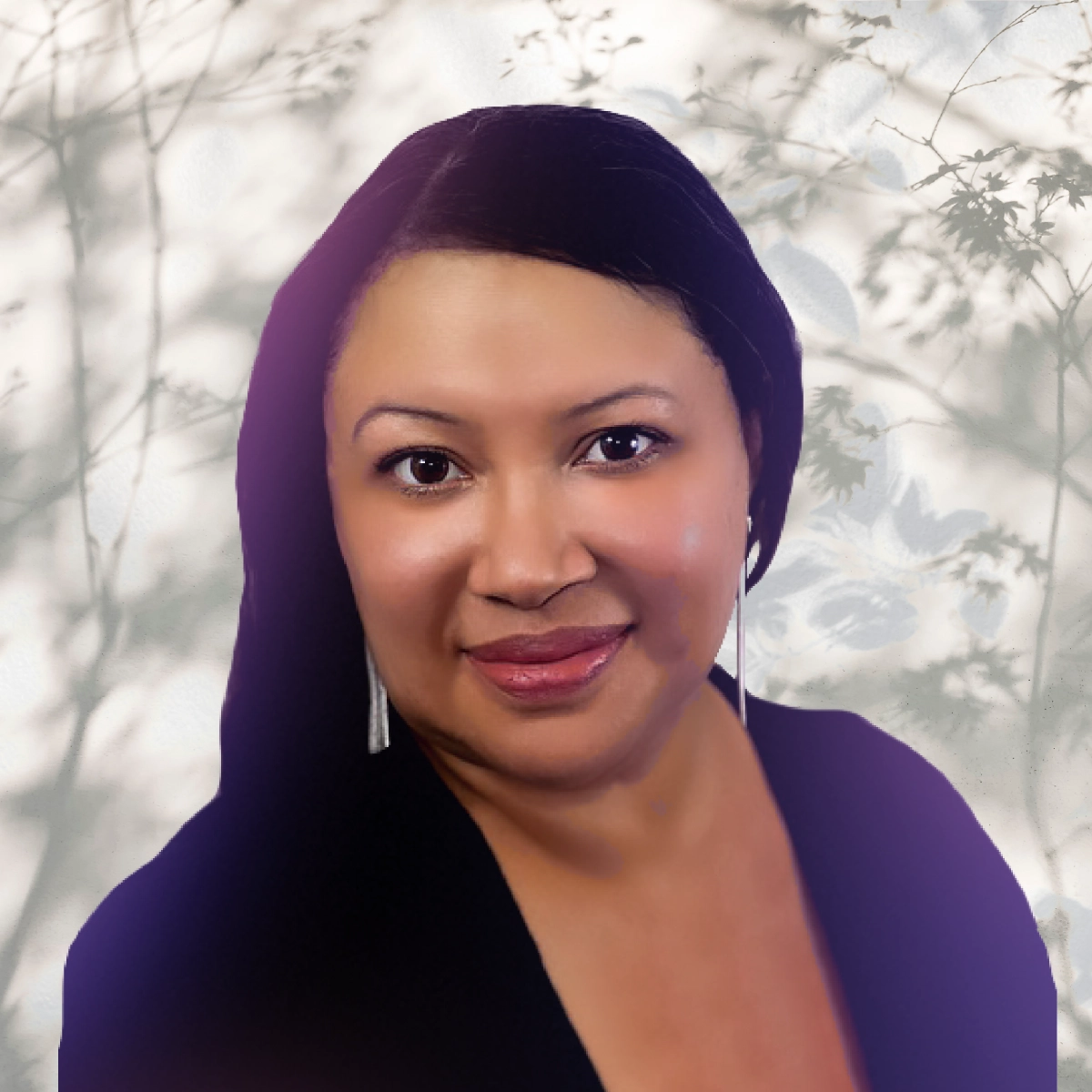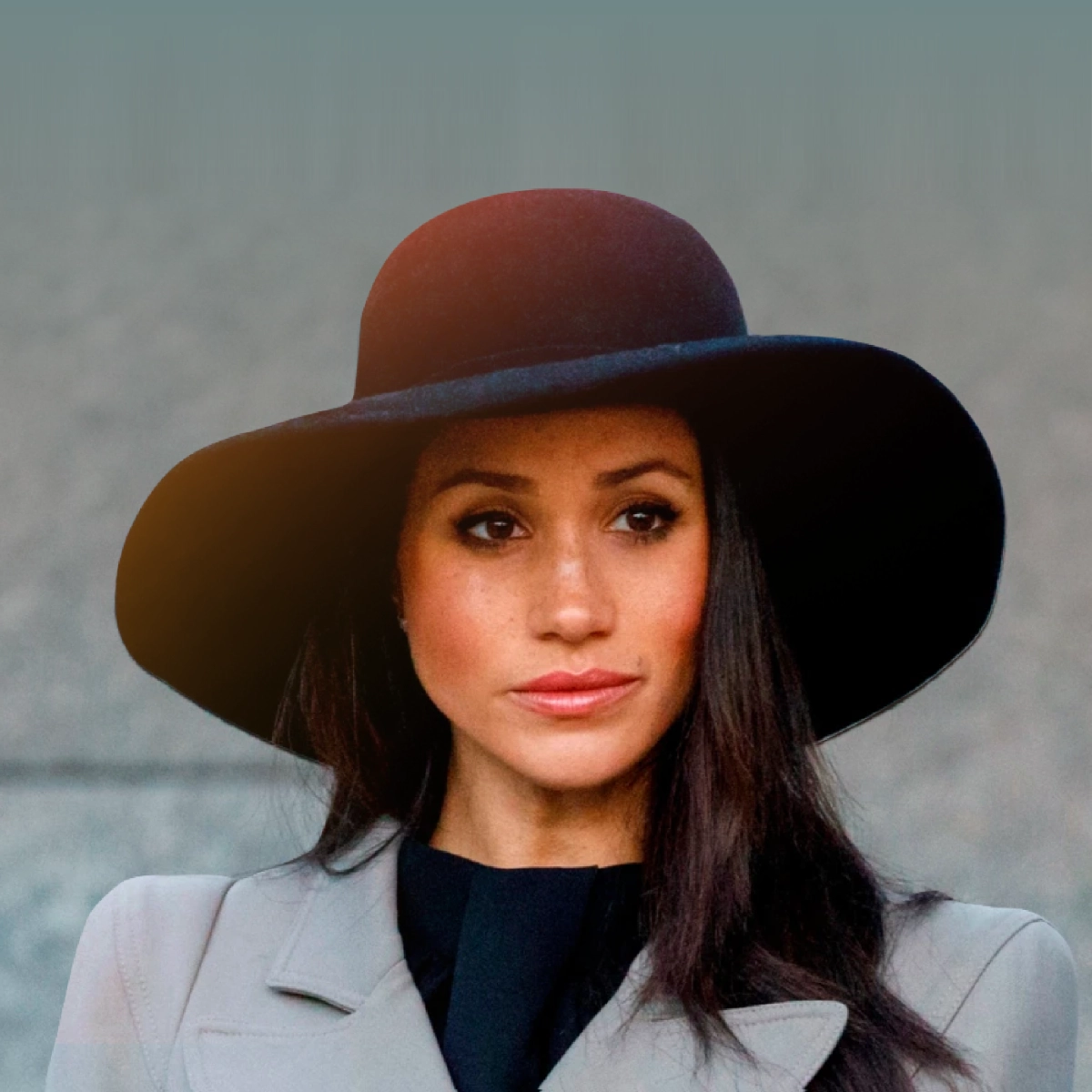Dr. Donna Walton, the founder of Divas with Disabilities, has one question: What’s a leg got to do with it? The March Meetup brought light to National Disabilities Awareness Month & International Women’s Month. We dedicated our space to the intersections of our identities and the spectrum of disabilities by welcoming Dr. Donna Walton to speak at our Meetup. The Mixed Space (TMS) founder Lili Stiefel opened the Meetup by sharing how TMS wants to continue to expand its awareness in becoming a more inclusive and more robust support system to our community members.
Lili Stiefel and TMS co-founder Ariel Bastida described their environment and what they looked like to the audience, guiding those with visual disabilities. Stiefel then added, “Preparing and researching for this meetup had me experience some heartbreak as I continue to realize how much I still have to learn.” Bastida, in agreement, asked for a moment of silence to honor unheard voices, people who aren’t able to speak for themselves, and the people in Ukraine fighting for freedom.
We introduced our speaker, Dr. Donna Walton. She spoke about her lived experience with a disability as a Black woman, an actress, and a writer. She also introduced us to her organization, Divas with Disabilities (DWD), a digital movement committed to increasing the participation and representation in the media of Black and Brown women with disabilities. DIVAS is an acronym for dynamic, illuminating, victorious, achieving sisters with visible disabilities.
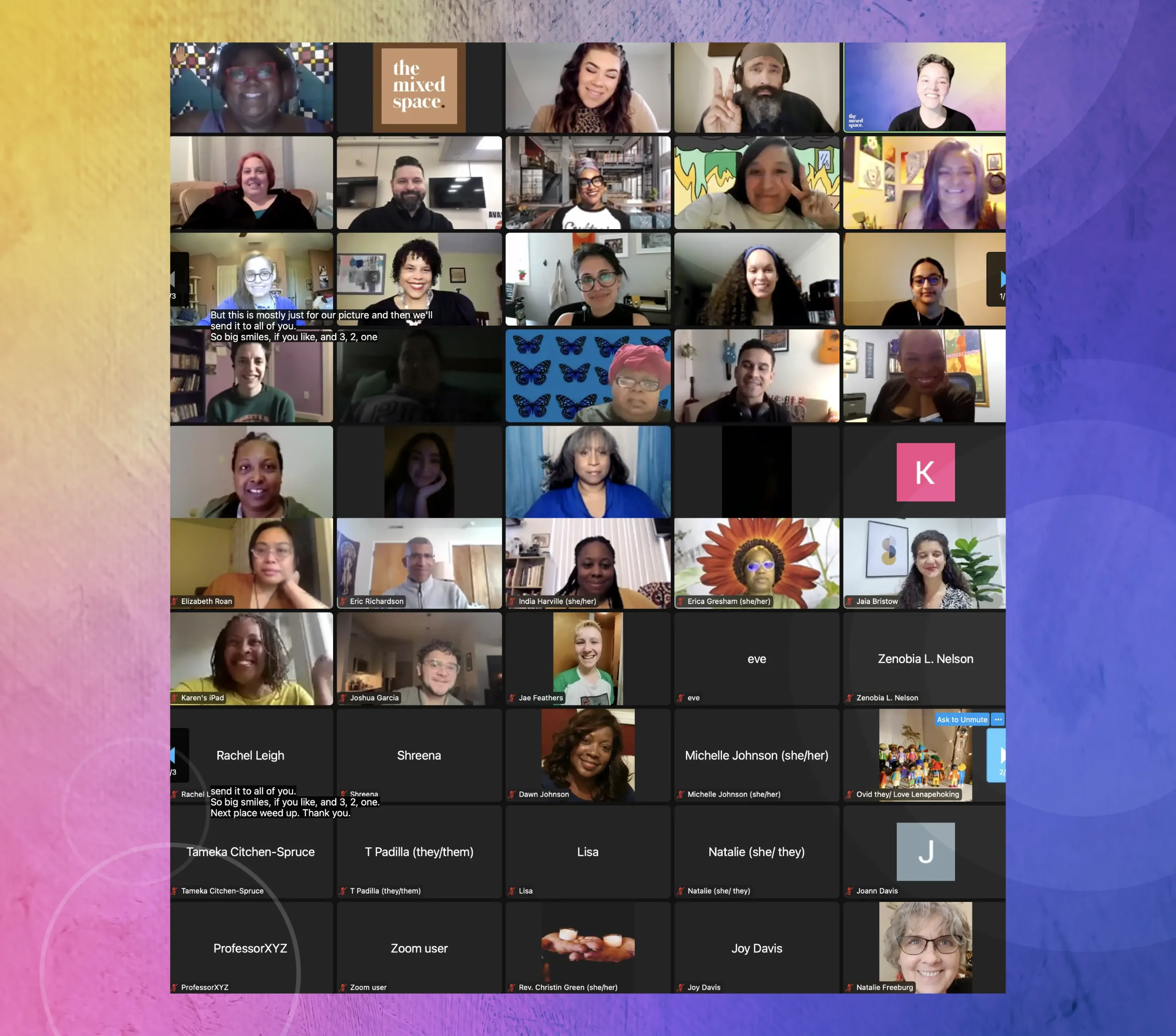
Catalyzing her journey was a question she had to ask herself: What’s a leg got to do with it? She continues to ask this question when talking about her organization, Divas with Disabilities (DWD). DWD addresses the lack of “likenesses of myself in mass media.” Dr. Walton realized that despite her qualifications to work as a reporter and actress, employers would only continue to see her in the way society conditioned them. She explained, “Women, in particular, are discriminated against,” and to a fully-engaged room said, “Automatically, the value of what they [members of society] see, based on our body parts, is how society deems and defines what a woman should be.”
Dr. Walton emphasized that unless we as advocates and people with disabilities speak up, the world will continue to focus on what people–particularly women and especially those with disabilities–cannot do. “The word ‘disability’ is applied to us, and ‘disabled’ is applied to us,” Dr. Walton expressed sincerely, “But it’s just a name. And it doesn’t define us.”
Before we dispersed into breakout rooms, three members of DWD spoke about projects they’ve brought into the world.
Tameka Citchen-Spruce was denied entry into broadcasting school with a barrage of excuses. However, discrimination against her disability didn’t stop her from pursuing film. Today, she is working with DWD in producing a docu-series about their lived experiences as women with disabilities. She also directed and released her documentary, My Girl Story.
Shameka Andrews, a disabilities advocate for twenty years, introduced us to her organization Pridability, an initiative whose mission is to expand LGBTQIA Advocacy across New York State for people with intellectual and developmental disabilities (ID/DD).
Zazel O’Garra runs a physically integrated dance company, ZCO DANCE PROJECT, whose goal is to create witty, soulful, intelligent, powerful, and intriguing performances. Living with a benign brain tumor that left her partially paralyzed has not stopped O’Garra from continuing her role in the arts.
Dr. Walton then led us into our breakout session with a powerful thought, “We don’t own being disabled. We use disability as a sense of power. Why? Because we are empowered…we move and transcend beyond our disability.” She then shared a poem:
Do not try to constrain me,
never try to fit me in a box,
for I am more, so much more,
more than you can force to fit in the tiny space
limited by your own lack of vision.
The Meetup’s chatbox and Community Whiteboard were just as engaging. A community member even described the board as it was being built for members with visual disabilities. We learned a few things along the way.
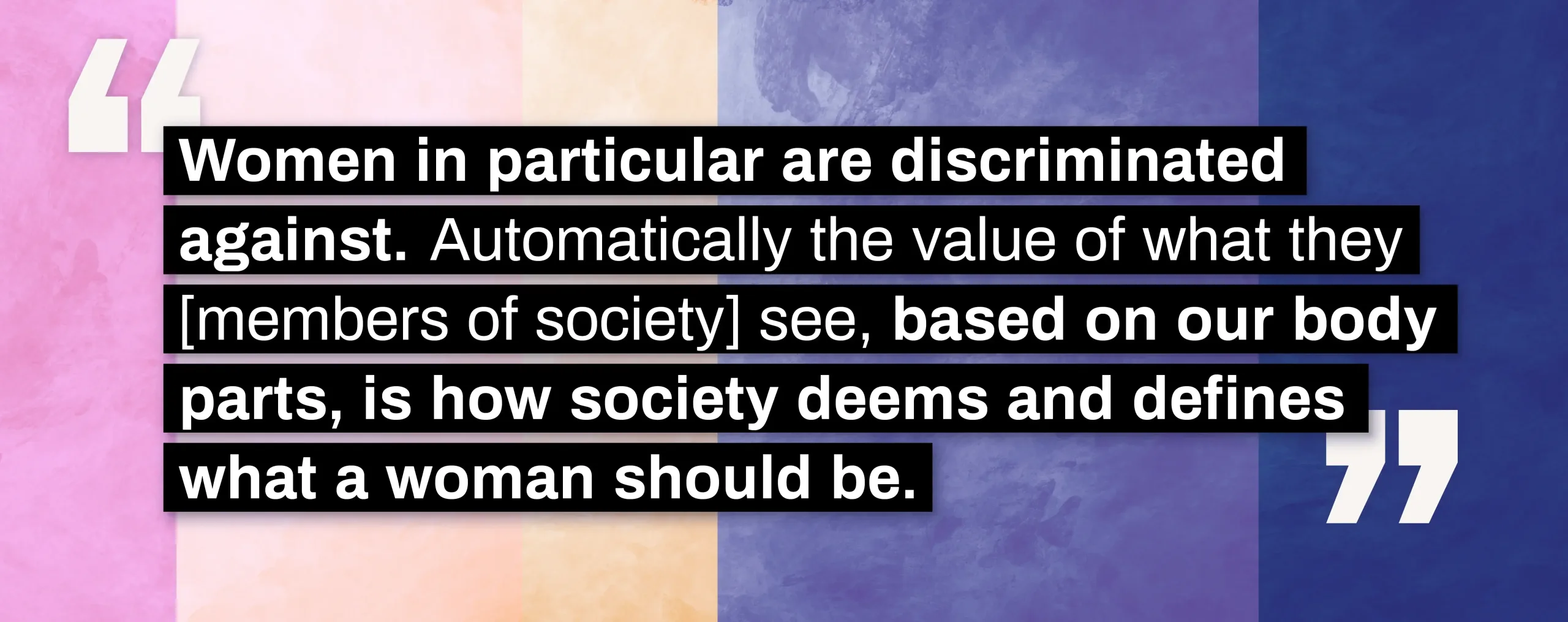
Thoughts on language and better use of terms:
Try not to use “invisible disability.” Try to go for non-obvious like “accommodating education” instead of “special needs.”
Sanism is prejudice based on the perception of Sanity or Insanity.
Chat Gem Drops:
“As a person who was born with my disability, I do see my disability as a defining factor of my identity. I can’t imagine navigating the world any other way. It is a part of my authenticity.”
“As a person with an invisible disability, this is the first positive talk I’ve heard about it. ❤”
“We (Autistic people) understand the artificiality of gender norms and the boundaries set by them are irrational.”
“I have been totally blind my whole life and also incorporate my blindness as a central part of my identity.”
“Pain provides relatability.”
“The academia struggle is haaaaaard.”
Chat resources:
Dr. Donna Walton’s book:
https://www.donnawalton.com/store/Shattered-Dreams-Broken-Pieces-A-Journey-of-Faith-Resilience-And-Reinvention-p10816
0005
Her social media handles:
Website: https://www.donnawalton.com/
Twitter: https://twitter.com/DonnaWaltonEdD
Facebook: https://www.facebook.com/DrDonnaWalton
Instagram: https://www.instagram.com/drdonnawalton/
Prideability
ZCO Dance Project
https://www.zcodanceproject.com/
My Girl Story, a documentary telling the story of two African American girls from Detroit, fighting to be the girls they want to become. One girl has a disability. You can watch the trailer and find more information at www.mygirlstorydocumentary.com
Cherlnell Lane, a Poetic-Storyteller:
https://www.cherlnell.com
Podcast “Words, from a Black Woman’s Experience”
https://www.youtube.com/playlist?list=PL861AmUQ6xMhypDWcC6VHtIxDpkVd6TUR
Mixed In Ireland – There’s a prominent Mixed group and community in Ireland
https://www.youtube.com/watch?v=HOXACDOidco
Fireweed Collective – accepting of neurodiversity, mental health, chronic illness, disability
https://fireweedcollective.org/
NAMI NYC – a good organization that focuses on mental health
https://www.naminycmetro.org/
“Pole Dance: A Performative Autoethnography”
https://youtu.be/NewhOqJqie4
Julian Molina – Inspiring person with a disability on social media
https://www.instagram.com/julianmolina_bmx/?hl=en
